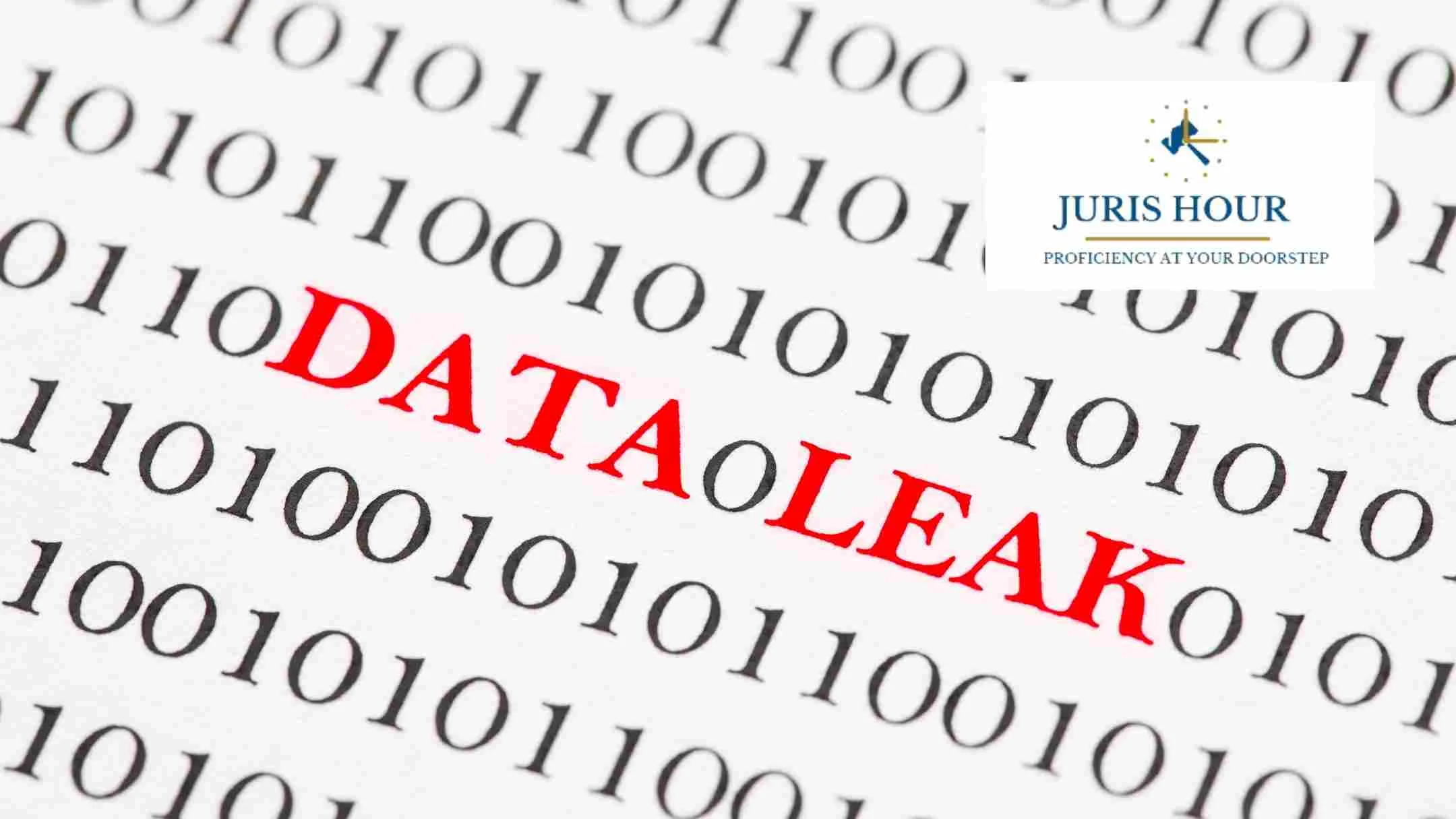A massive data breach has rocked the Goods and Services Tax (GST) framework in India, with sensitive filings such as GSTR-1, 2B, and e-Way Bills allegedly being sold on the black market for as little as ₹8,000 to ₹15,000. This illicit trade in confidential business data has turned routine compliance into a serious security vulnerability.
According to CA Kushal Garg, who sounded the alarm on social media, the breach has already had real-world implications. “One of my clients is applying for a fresh GST registration after his relatives accessed his GST filings and directly contacted his customers,” he revealed. “This isn’t just a breach—it’s a collapse of professional boundaries.”
The data leak underscores a deeper systemic issue: compliance without robust data protection is proving to be a dangerous illusion. The breach does not merely threaten individual businesses—it undermines trust in the entire tax and compliance system.
Reacting to the gravity of the situation, the Surat CA Association has formally demanded action from the Finance Ministry. However, until systemic safeguards are reinforced, professionals across the country are being urged to take proactive steps:
- Review who has access to client data
- Encrypt all critical documents
- Speak up when systems or protocols fail
The incident has ignited concerns over the integrity of taxpayer data and the ease with which it can be misused by unauthorized individuals, including family members or staff. The leak also raises troubling questions about the safeguards in place within government portals and among intermediary service providers.
“If you feel something’s off, don’t ignore the signs,” Garg cautioned. “If we don’t protect our professional sanctity, who will?”
As calls grow louder for urgent regulatory intervention, the Finance Ministry is under pressure to restore faith in the GST infrastructure and ensure that compliance no longer comes at the cost of data security.
Read More: Chhattisgarh GST Dept. Fines Firm Before It Even Existed

